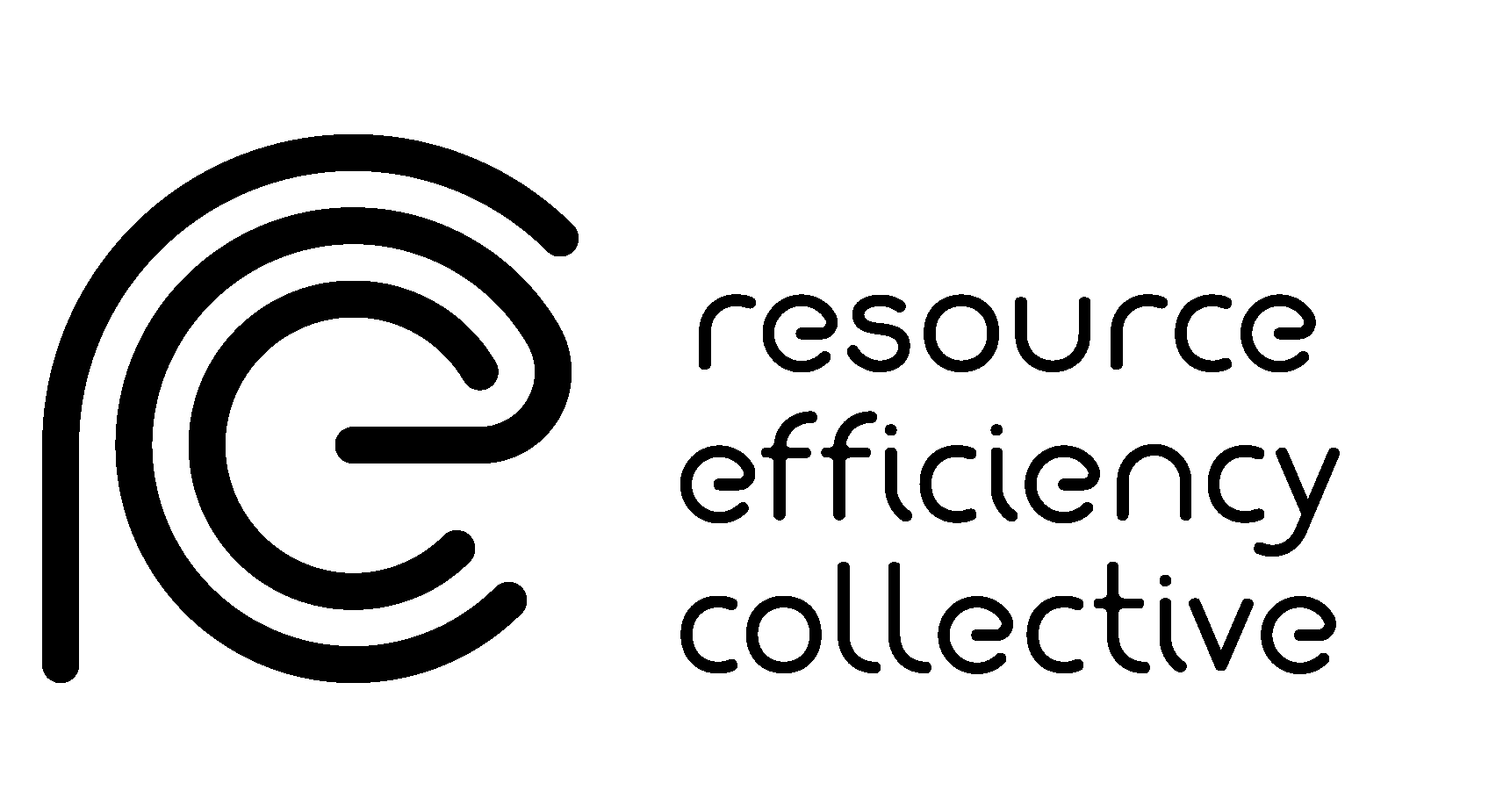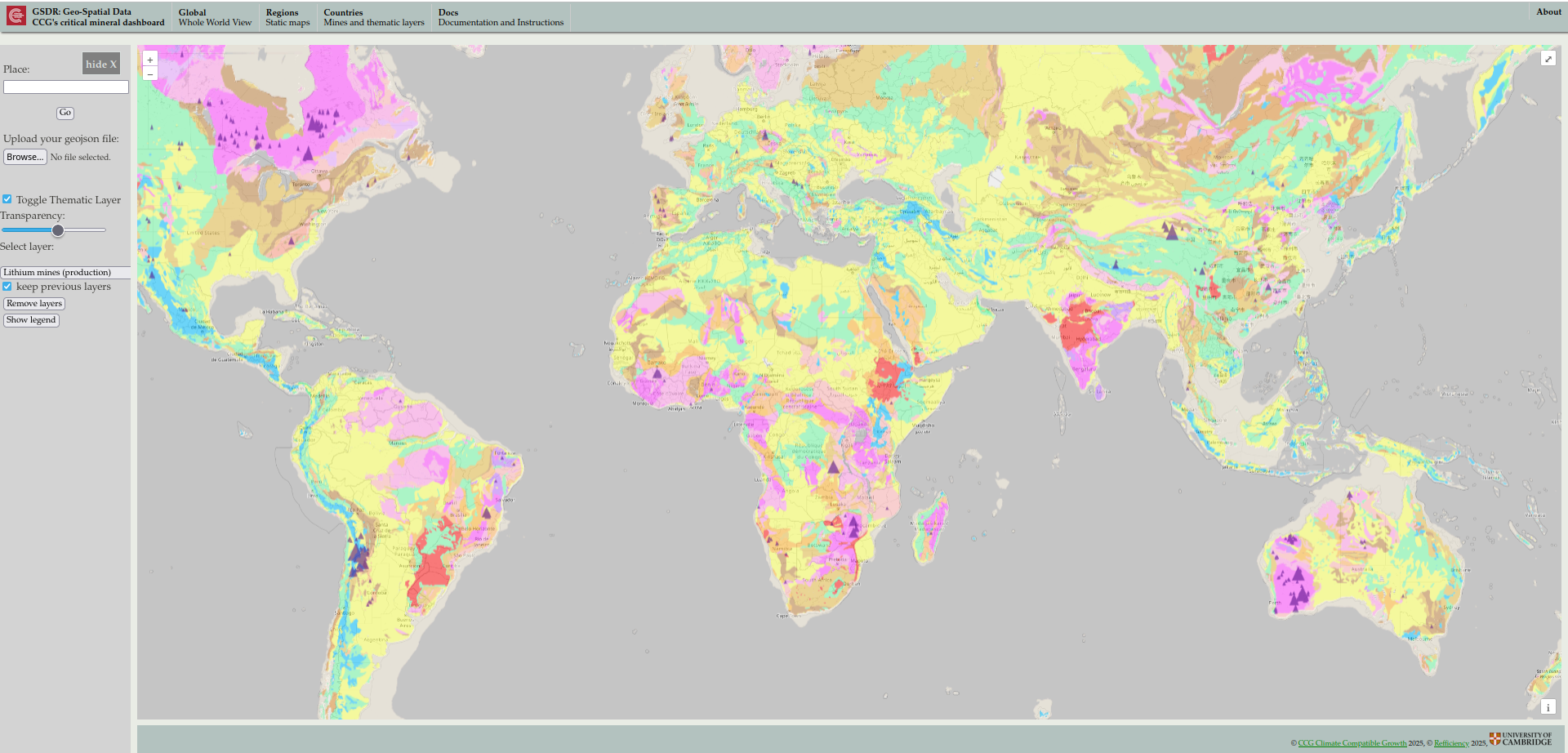The Current Energy Price Crisis in the UK
On 1st April 2022, the UK’s energy price cap increased for approximately 22 million households, following a record four-fold increase in global wholesale gas prices in the last year [1]. With an average increase of around £700 a year, the number of UK households unable to pay their energy bills is predicted to triple in October, setting the UK up for an energy-poverty crisis [2].
Energy Price caps are updated every 6 months and are there to stop energy companies from making excessive profits in some instances but allow them to pass on the cost of buying wholesale gas to the customers in instances of high gas prices. Energy companies cannot function when they are forced to sell their gas for less than they purchased it for. The soaring gas prices of the last year have caused 31 UK energy companies to withdraw from the market since the start of 2021 (as of 19th April 2022) [3]. Global gas prices have steadily increased since January 2021, pushed higher by increased demand as commerce and industry started up after COVID-19 lockdowns [4]. Putin’s invasion of Ukraine pushed prices higher still, and with such volatile prices, shocks such as this could continue to occur due to any number of circumstances around the globe.
With a national energy supply so reliant on imports, the UK is vulnerable to global energy price shocks such as this. We need a reliable and robust energy supply to increase our energy security. This must also fit within the energy trilemma: secure, affordable, and sustainable energy. Renewable energy is sustainable, but since it is often intermittent, i.e., wind and solar, it is not secure. To increase its security, vast storage infrastructure is required, which is very expensive. Fossil fuels of course are unsustainable, but they are secure in that they are always available. However, as we have seen, due to political instability they can be both expensive and insecure. The recent British energy security strategy policy paper outlines how the Government will increase our energy security until 2035. Key aims include increasing the efficiency with which our buildings use energy; accelerating away from using fossil fuels to renewables and nuclear; and sourcing our own oil and gas from the North Sea as a bridge [4].
To minimise the risk of future energy price shocks, we need both short-term and long-term decarbonisation strategies which work towards higher security of the UK energy supply. These strategies must include demand and supply-side options and consider all three aspects of the energy trilemma.
[1] OFGEM, “Price cap to increase by £693 from April“, London, 2022.
[2] R. Morison, “U.K. Set for Energy-Poverty Crisis Without Help, Consumers Warn”, Bloomberg, 22 March 2022. [Accessed 19 April 2022].
[3] C. Cyrus, “Failed UK Energy Suppliers Update”, Forbes, 18 February 2022. [Accessed 19 April 2022].
[4] Department for Business, Energy & Industrial Strategy, “Policy Paper: British energy security strategy,” 7 April 2022. [Accessed 19 April 2022].
Photo credit: Jason Richard













